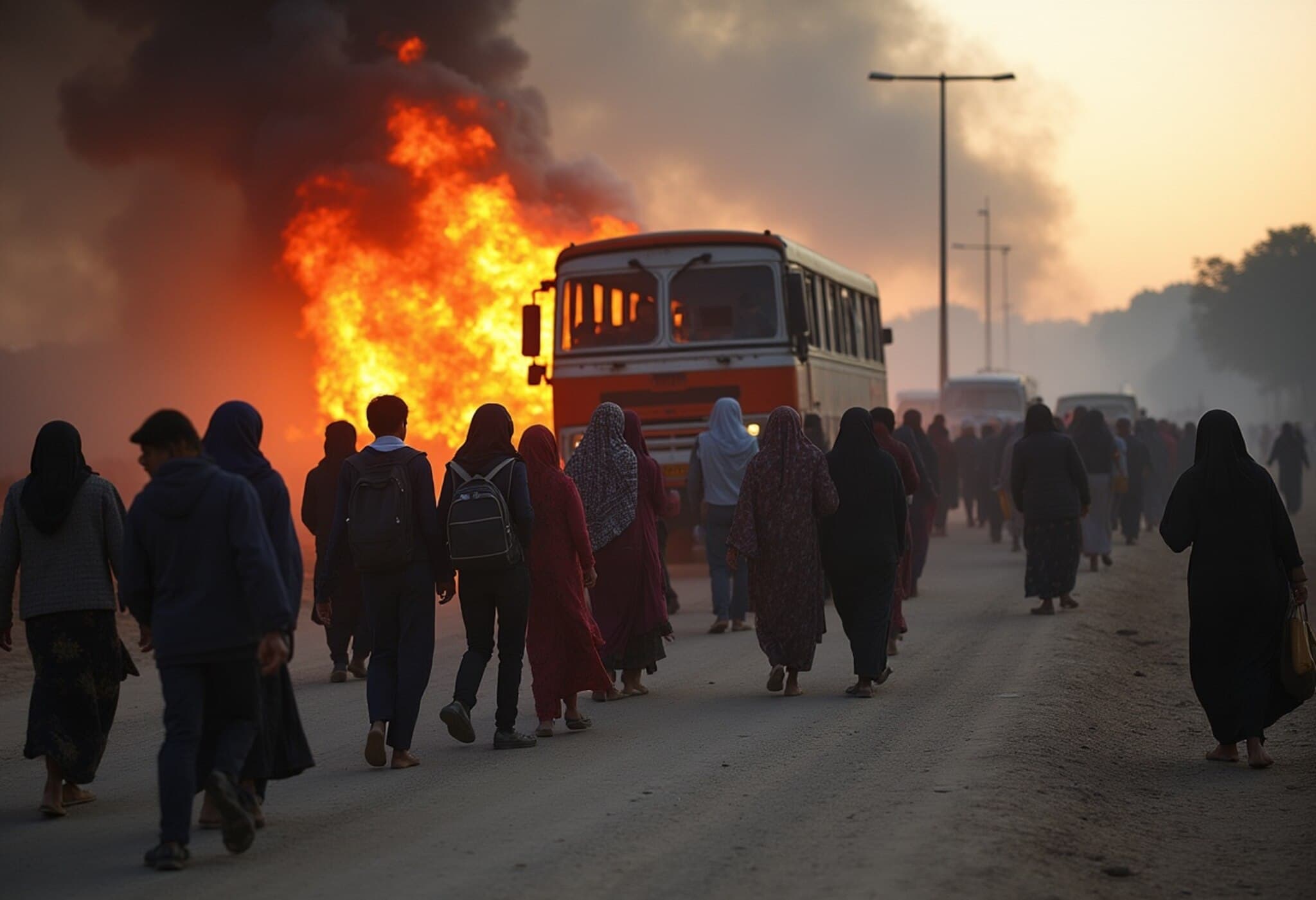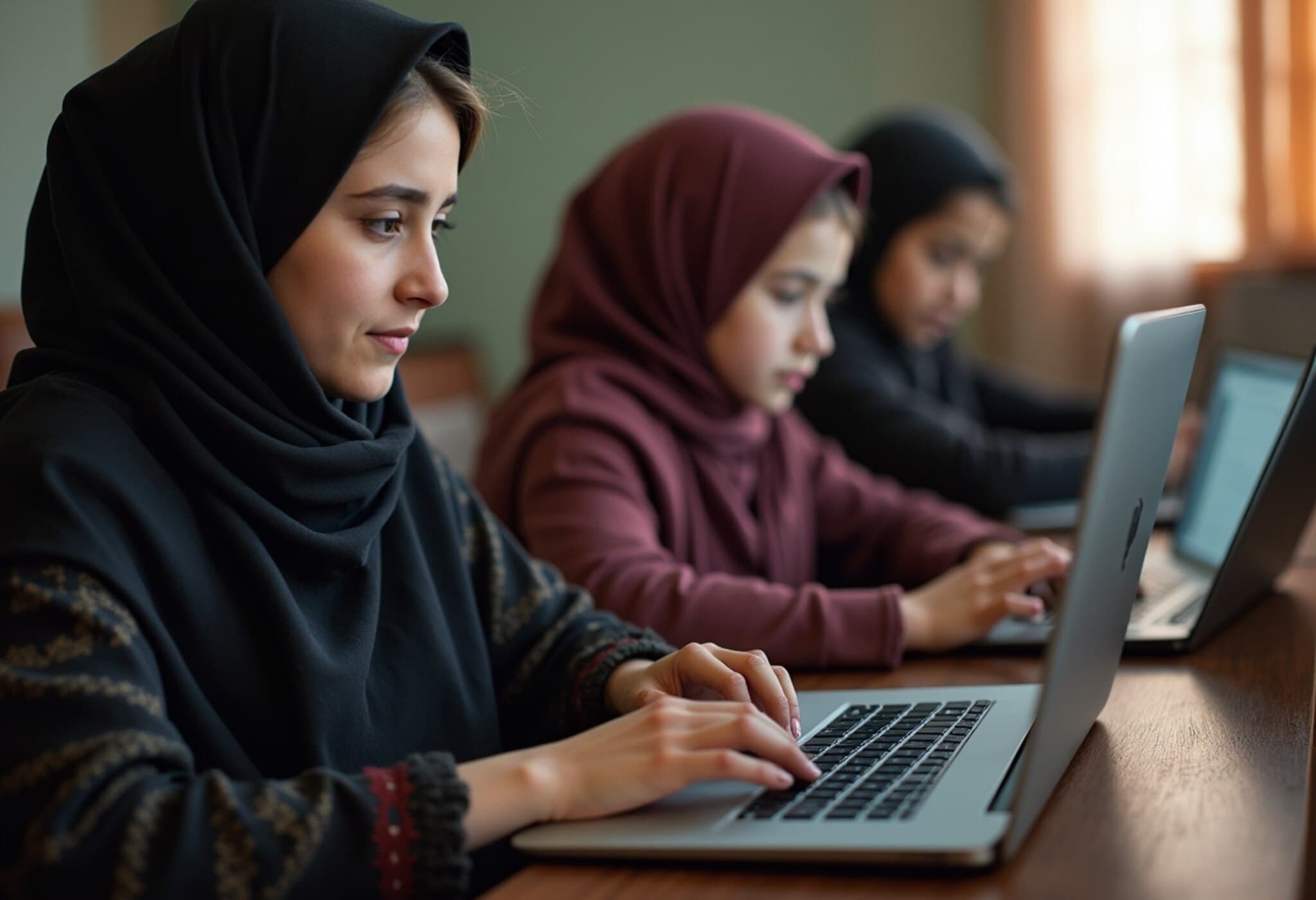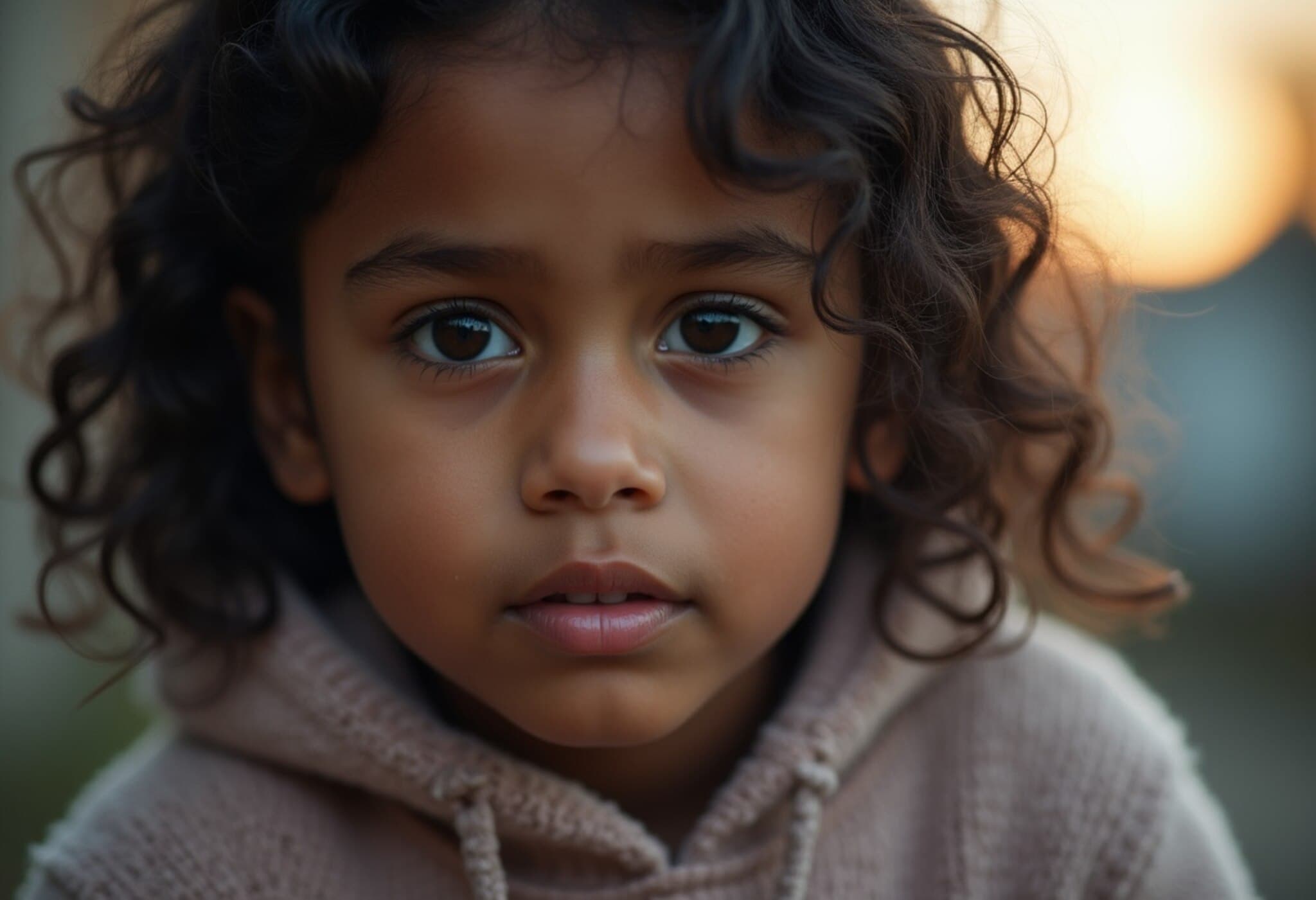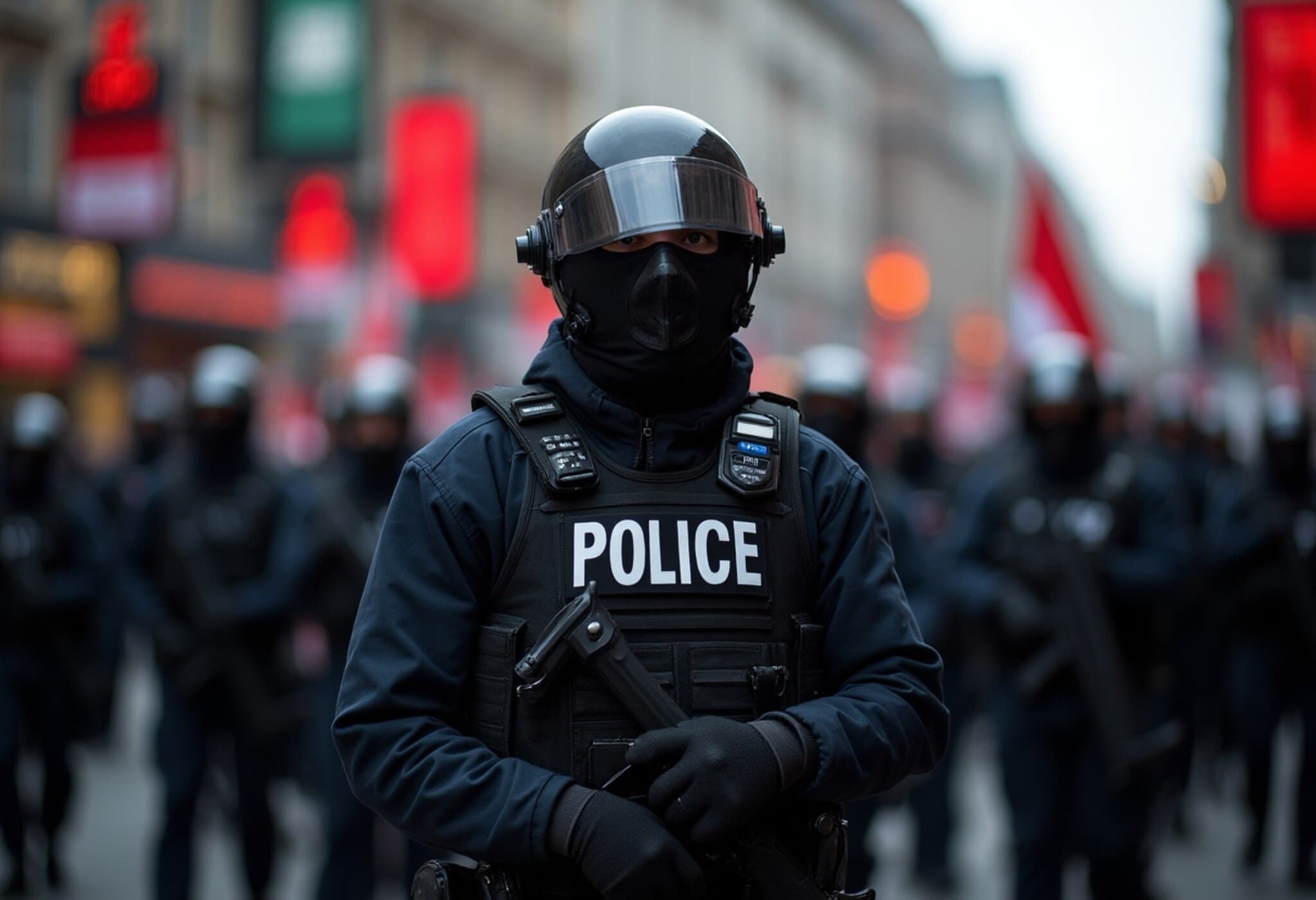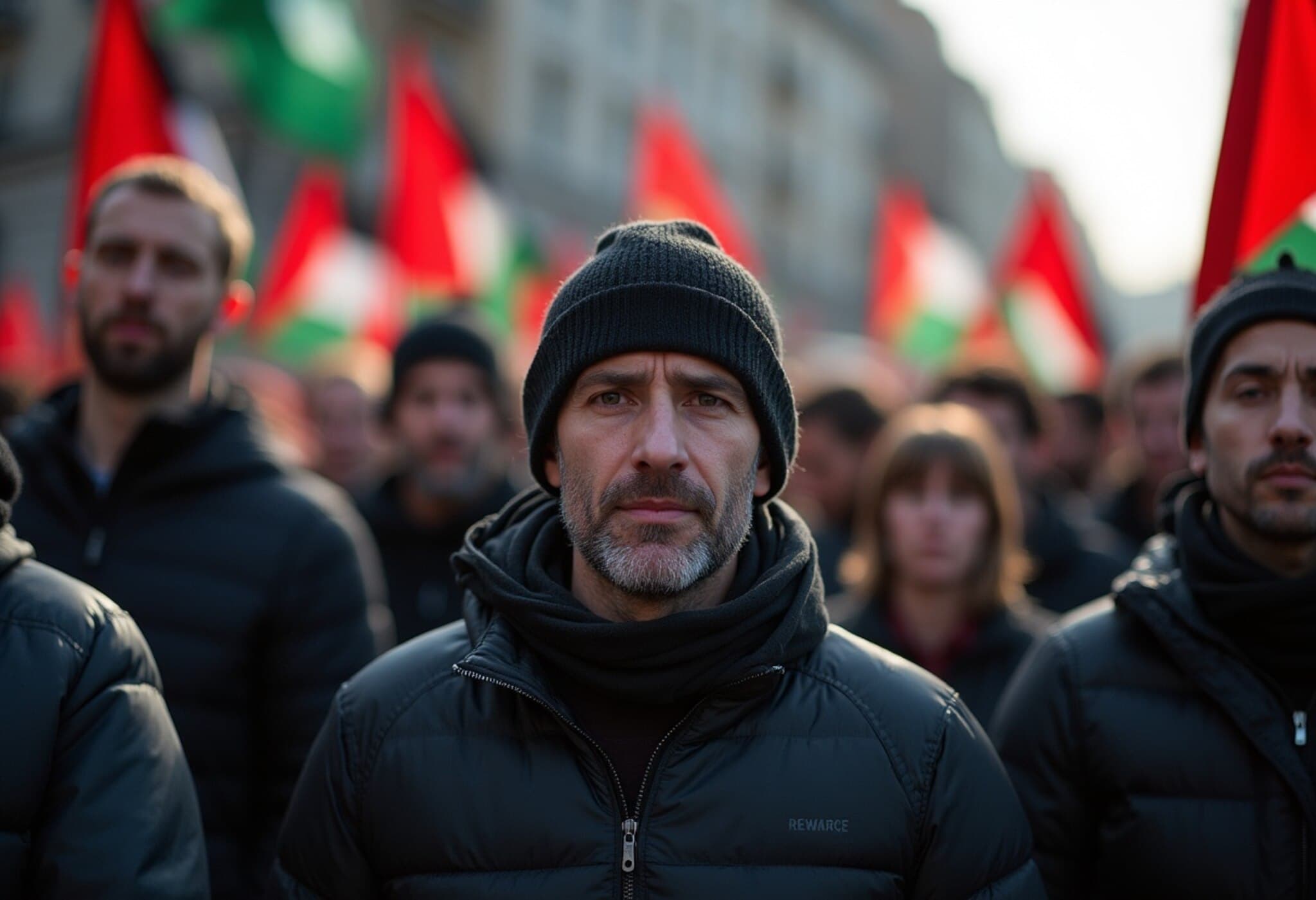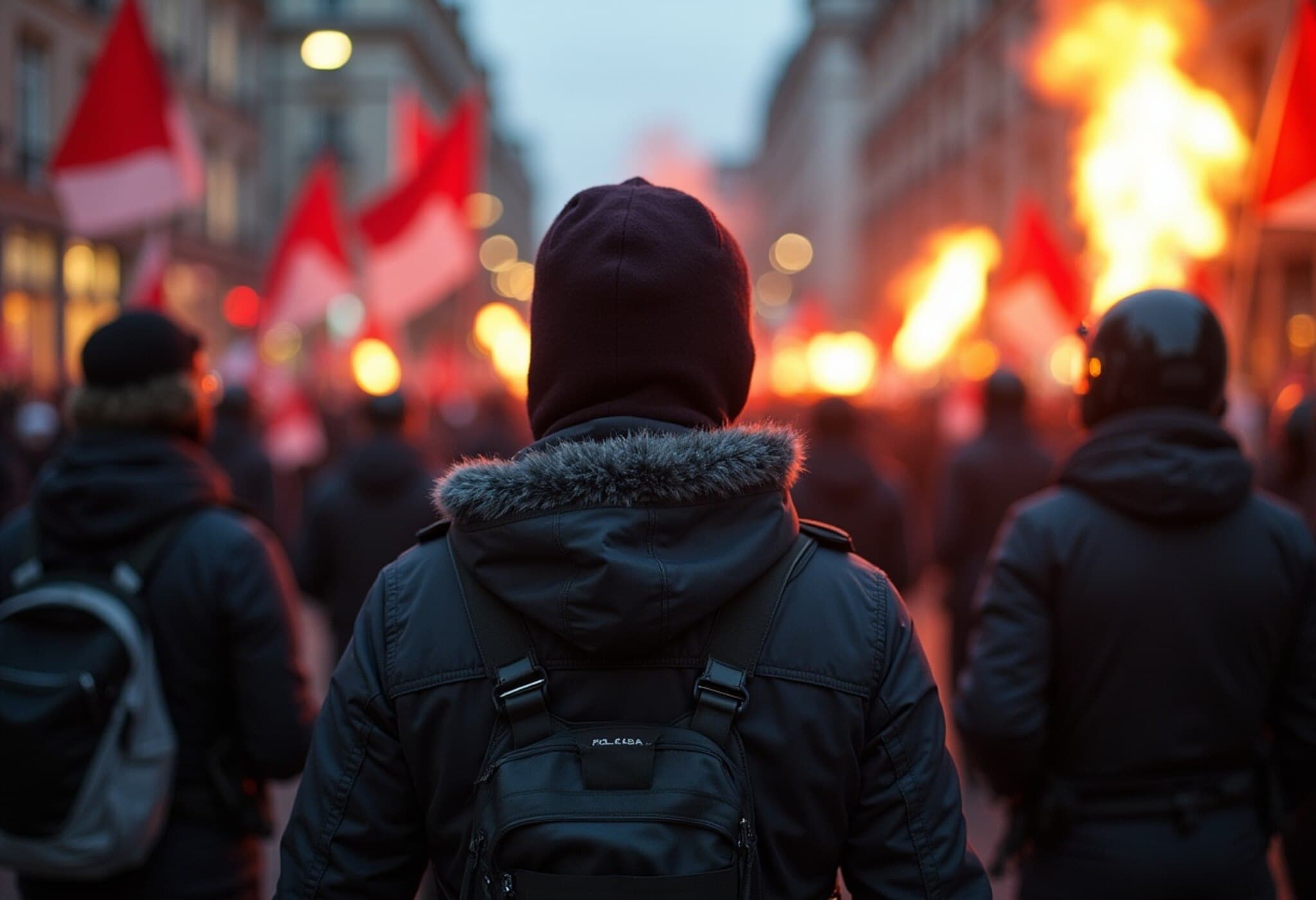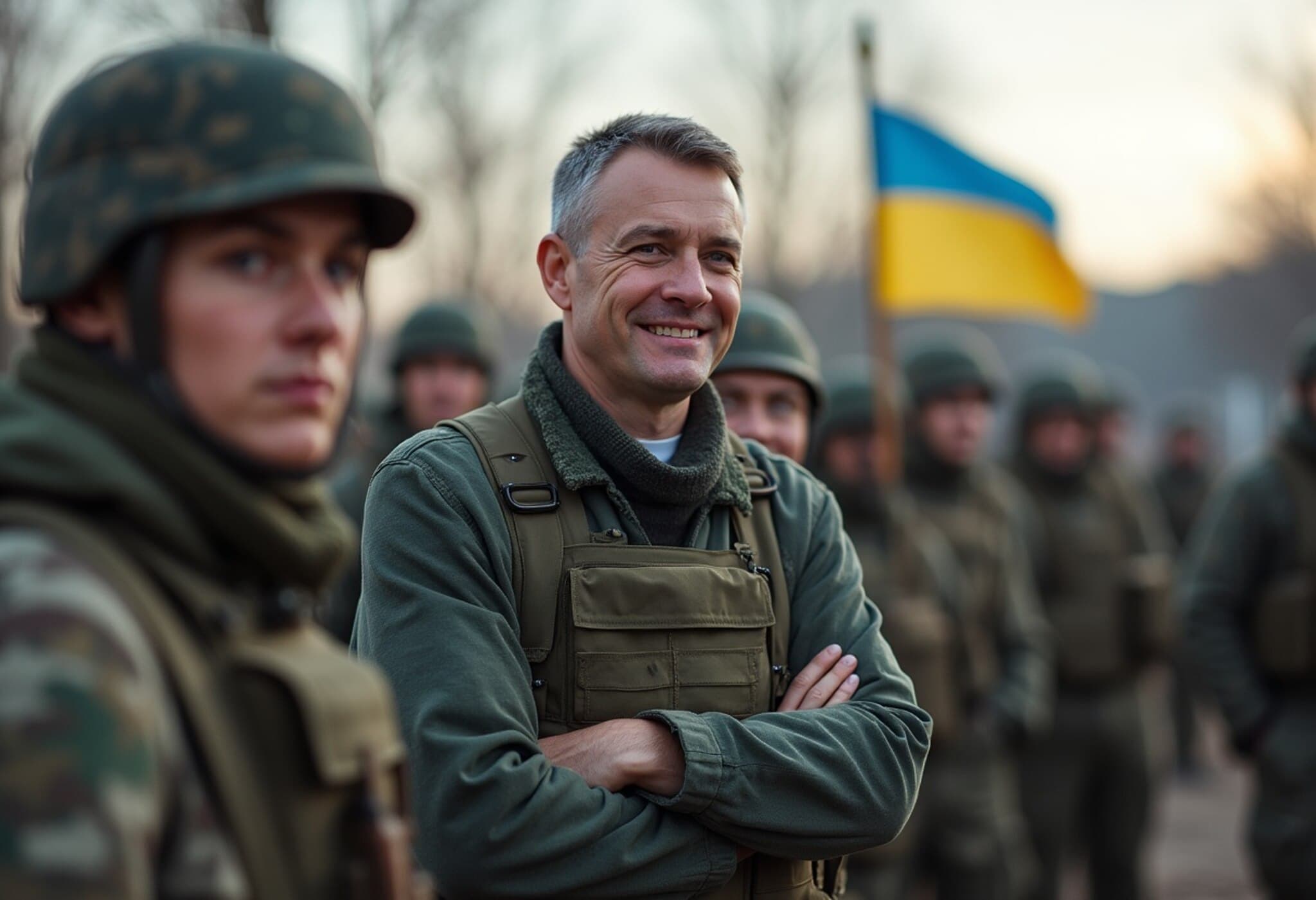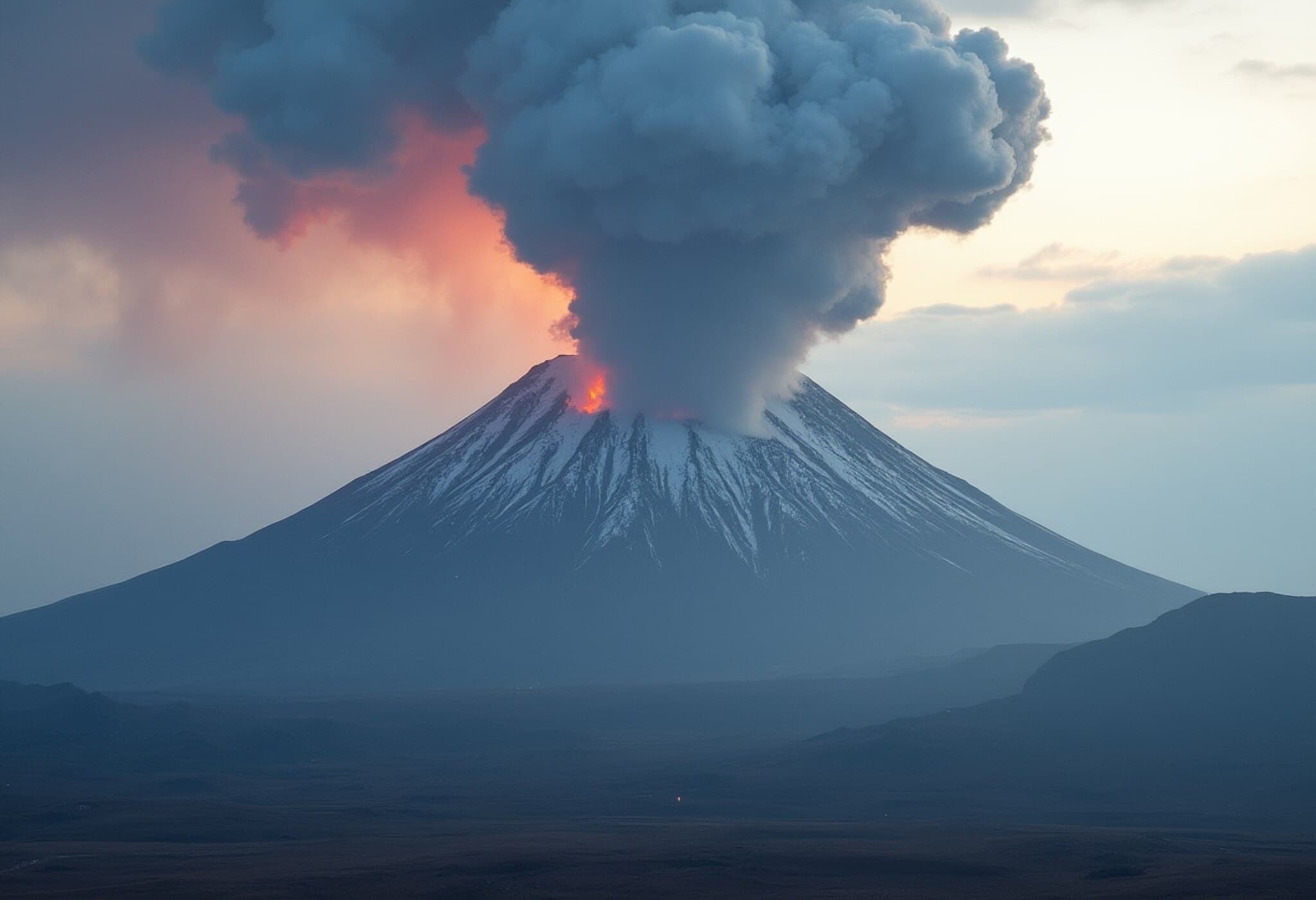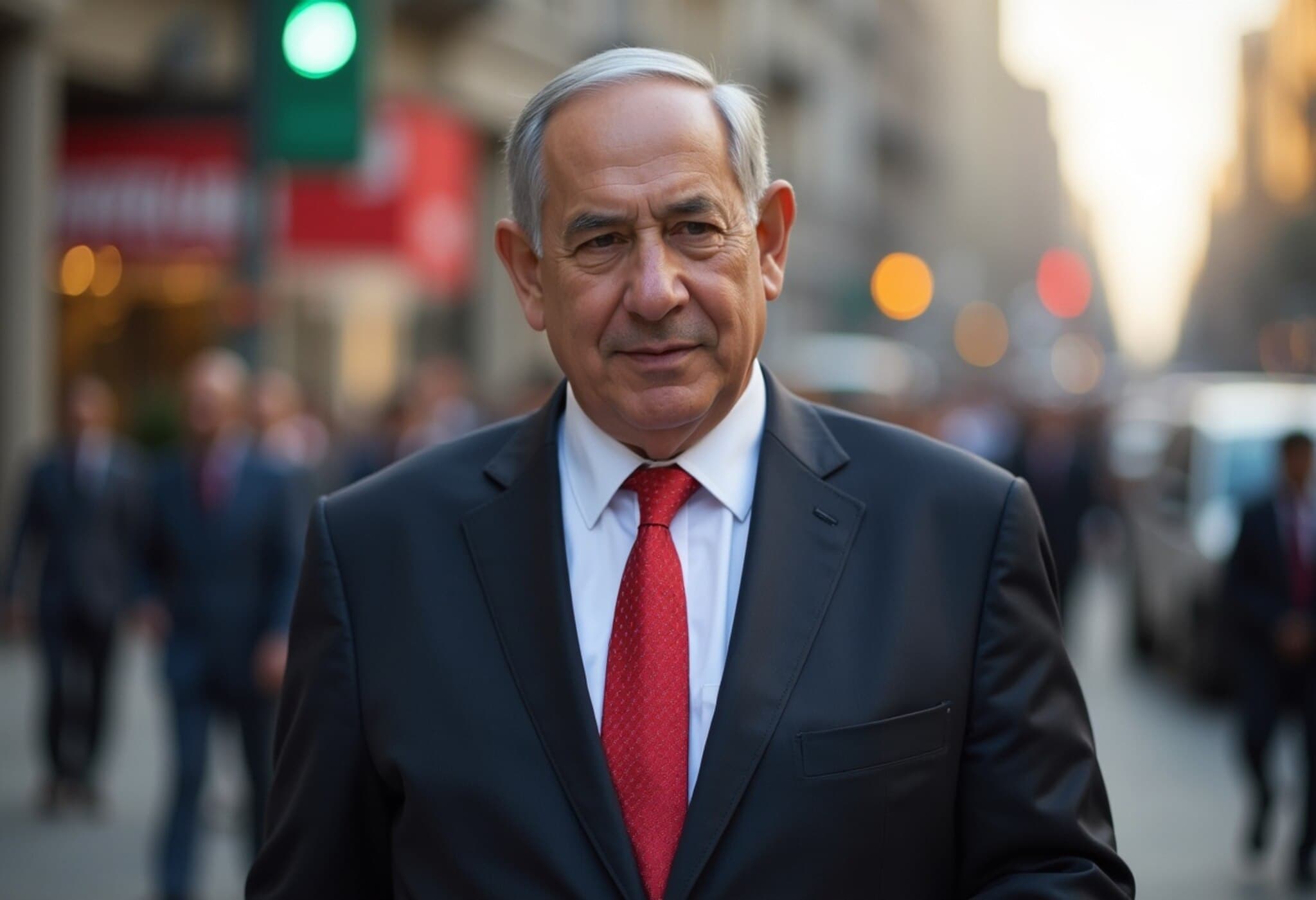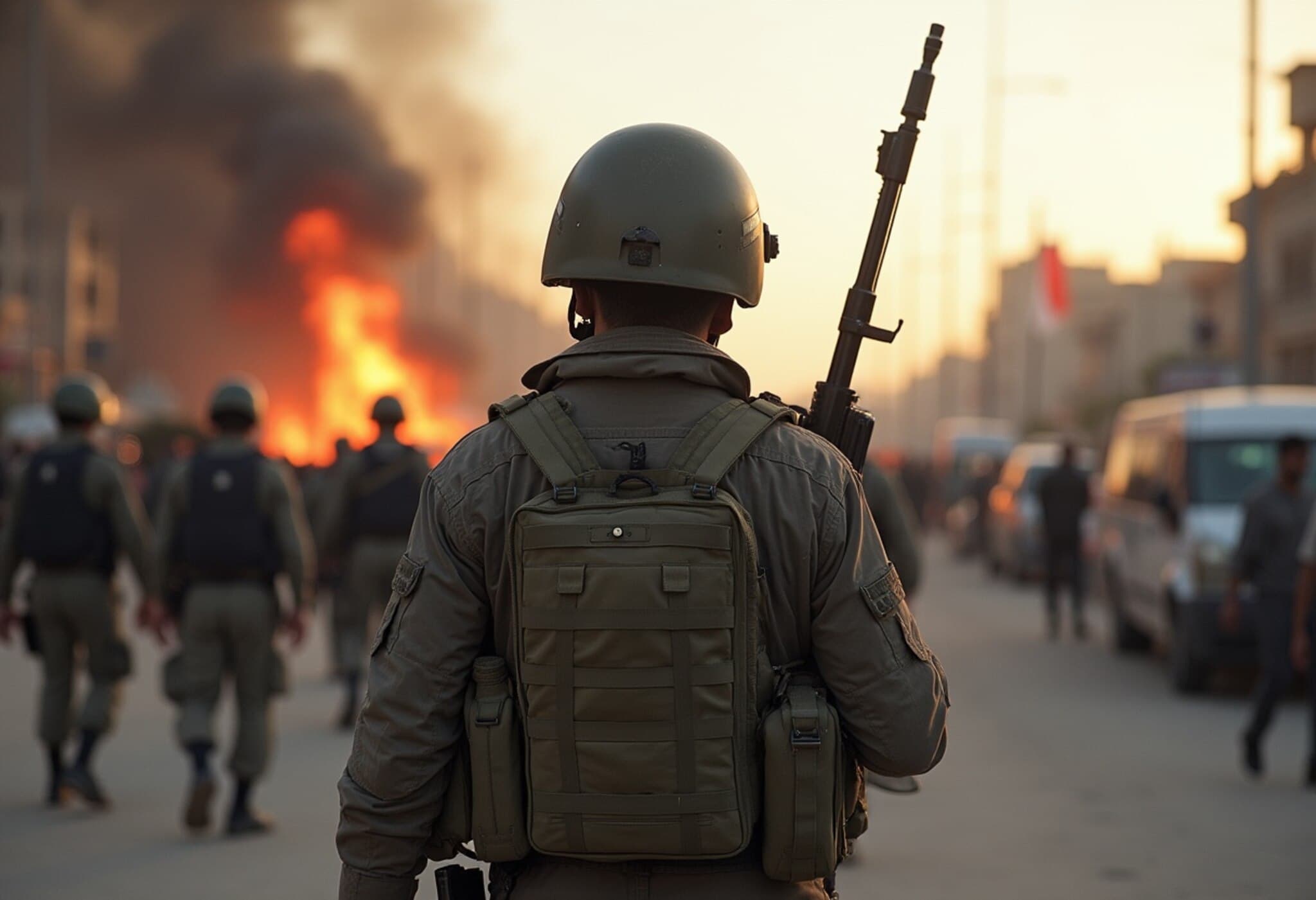UN Secretary-General Flags Potential Inclusion of Israel and Russia on Sexual Violence Watchlist
In a sobering warning to the international community, United Nations Secretary-General Antonio Guterres has indicated that Israel and Russia could soon be added to a UN list of parties credibly suspected of committing sexual violence in conflict zones. The announcement stems from credible reports detailing grave abuses allegedly committed by both nations' forces amid ongoing conflicts.
Allegations Against Israeli Forces
Guterres’s annual report to the UN Security Council shines a spotlight on disturbing allegations involving Israeli armed and security forces. According to the report, Palestinians held in detention facilities, including prisons and military bases, have been subjected to acts of sexual violence. Documented abuses encompass genital violence, prolonged forced nudity, and repeated invasive strip searches — acts that not only violate human dignity but also contravene international humanitarian law.
One critical challenge highlighted by the UN chief is Israel’s reluctance to grant UN monitors access to these detention sites, hampering independent verification and full assessment of these patterns of abuse. Despite these obstacles, the report insists on the urgent need for Israel to end such practices, launch thorough investigations into the allegations, and allow the UN to monitor detention conditions effectively.
Amid these revelations, Israel’s UN Ambassador Danny Danon strongly rejected the accusations as “baseless,” accusing the UN of partiality and emphasizing that attention should instead focus on alleged atrocities committed by Hamas.
In a related incident, nine Israeli soldiers were detained in July 2024 over alleged sexual assault of a Palestinian prisoner at the Sde Teiman detention facility, underscoring ongoing controversies over military conduct.
Sexual Violence Allegations Against Russian Forces in Ukraine
The report also raises alarms about alleged sexual violence perpetrated by Russian forces and allied groups against Ukrainian prisoners of war. Witness and survivor accounts describe horrific abuses including genital electrocution, beatings, burns, forced stripping, and prolonged nudity. These brutal tactics are reportedly used not only to cause physical harm but also as methods of psychological torture aimed at humiliation and coerced intelligence extraction.
The use of such methods in both official and makeshift detention centers during the conflict adds a deeply troubling chapter to the ongoing war, reminding the global community of the devastating human costs and rights violations that often accompany armed confrontations.
Context and Broader Implications
Sexual violence in conflict zones is recognized globally as a war crime and a grave breach of human rights. The use of sexual violence as a weapon destabilizes societies, traumatizes victims for generations, and undermines efforts toward reconciliation and peace. The UN’s public warnings against two major powers serve as a critical call for accountability and transparency.
From a policy perspective, the inclusion of Israel and Russia on a UN watchlist could lead to heightened diplomatic pressures, increased monitoring, and potentially pave the way for international judicial interventions. However, questions remain about enforcement mechanisms and the geopolitical complexities that often cloud such cases at international forums like the UN Security Council.
These reports also illuminate the challenges human rights organizations face when states restrict access to conflict zones, impeding investigations and allowing abuses to persist in the shadows.
Underreported Dimensions and Human Impact
While headlines often focus on territorial disputes and military dynamics, the UN report reminds us that behind these conflicts are deeply personal human tragedies. Sexual violence survivors face lifelong physical and psychological trauma, social stigmatization, and barriers to accessing justice and healthcare.
Moreover, the report illustrates how such abuses transcend front lines, affecting prisoners, detainees, and vulnerable populations—raising urgent questions about the role of international humanitarian law enforcement and victim support mechanisms.
Looking Ahead: The Need for Global Vigilance
As the UN prepares to update its list of parties implicated in sexual violence, global observers and human rights advocates will be watching closely. The inclusion of powerful states like Israel and Russia signals a shift towards confronting sexual violence more transparently, but also highlights the uphill battle in ensuring accountability amid geopolitical complexities.
Key actions going forward include:
- Enhancing access for independent human rights monitors in detention and conflict areas.
- Supporting survivors through comprehensive medical and psychosocial services.
- Encouraging states to conduct impartial investigations and prosecute perpetrators.
- Strengthening international legal frameworks to deter sexual violence as a war tactic.
Editor's Note
This report sheds light on the disturbing persistence of sexual violence in modern conflicts, perpetrated even by established state actors. The UN’s warnings to Israel and Russia underscore the ongoing struggle to uphold international laws designed to protect human dignity amid warfare. As global citizens, we are challenged to not only bear witness but also advocate for a world where such atrocities face no impunity. How can the international community expand its enforcement toolkit to hold even powerful nations accountable? And how might survivors’ voices be amplified to ensure their protection and justice?


